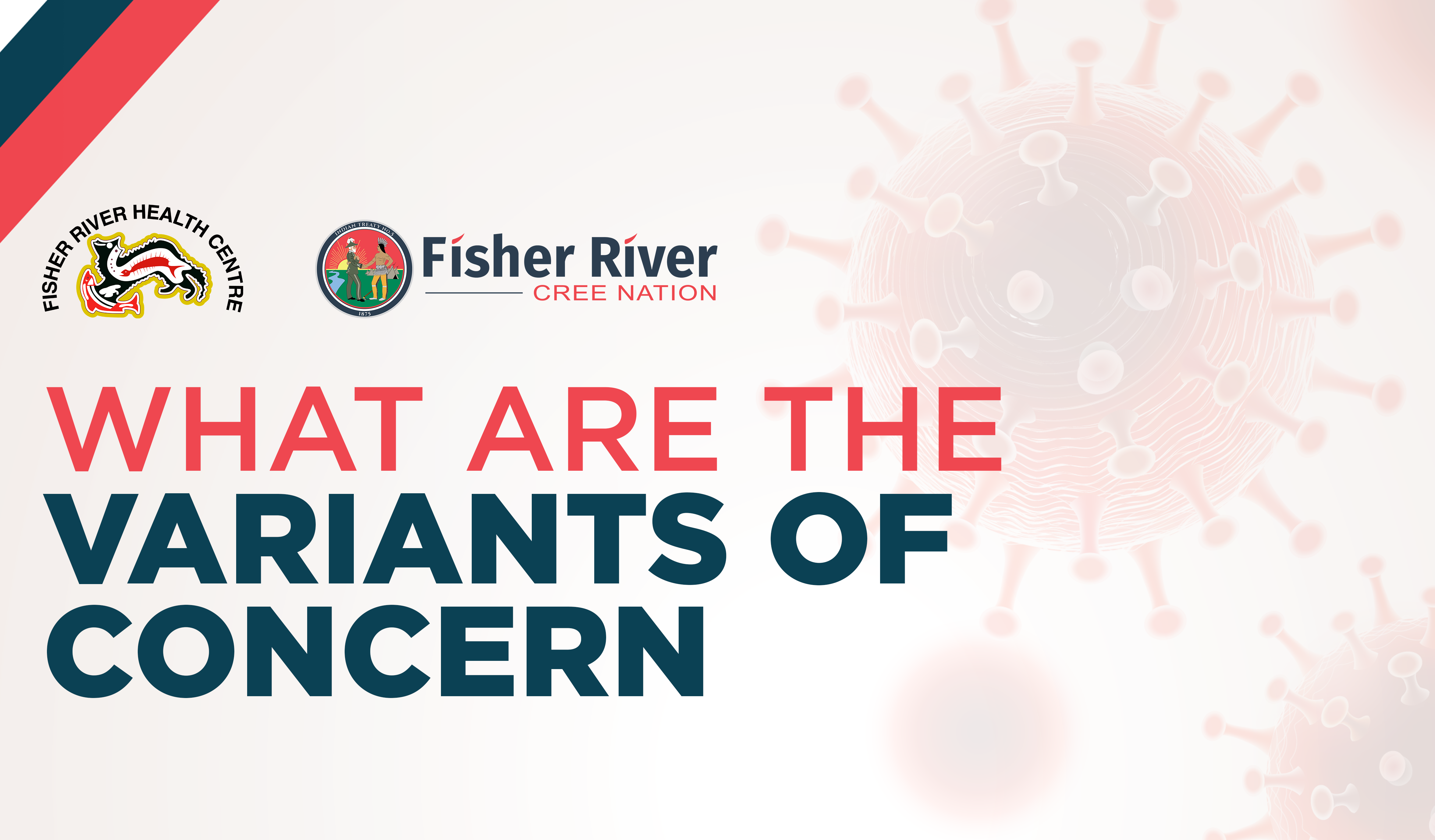Manitoba has reported the first case of the P.1 (Brazilian) Variant of Concern in the province and is located in the Interlake Eastern Health Region. To date, Manitoba has report 600+ cases of the three different Variants of Concern in the province.
Leadership and Health Services cannot stress enough for everyone to take the proper precautions when out and about.
___________________________
Genetic variations of viruses such as the one that causes COVID-19 are not uncommon and many other variants of the SARS-CoV-2 virus have been previously observed around the world this year. Both new variants include mutations (i.e., changes to the genetic material in the virus) on the “spike” protein, which may result in the virus becoming more infectious and spreading more easily between people. These variants have been termed variants of concern (VOCs) and have been associated with evidence of increased transmissibility, severity, and/or possible immune evasion with potential implications for reinfection and vaccine effectiveness.
Multiple variants of the virus that causes COVID-19 are circulating globally. To date, three SARS-CoV-2 variants of public health importance have been identified:
- The United Kingdom (UK) identified a variant called B.1.1.7 (501Y.V1, VOC 202012/01) with a large number of mutations in the fall of 2020. This variant spreads more easily and quickly than other variants.
- In South Africa, another variant called B.1.351 emerged independently of B.1.1.7. Originally detected in early October 2020, B.1.351(501Y.V2) shares some mutations with B.1.1.7.
- In Brazil, a variant called P.1 (previously P.1.1.28) emerged that was first identified in travelers from Brazil, who were tested during routine screening at an airport in Japan, in early January. This variant contains a set of additional mutations that may affect its ability to be recognized by antibodies.
These VOCs harbour many mutations, including some in the receptor-binding domain (RBD) of the spike (S) protein, encoded by the S gene. Mutations in SARS-CoV-2 arise naturally through viral replication. The RBD mutations of interest in the S gene include the following amino acid substitutions: N501Y, K417N/T and E484K. The N501Y mutation is found in all three VOCs. The E484K mutation is found in P.1 and B.1.351. In addition, P.1 carries a K417T mutation, while B.1.351 has a K417N mutation.
BE PROTECTED, GET VACCINATED!






Comments are closed.